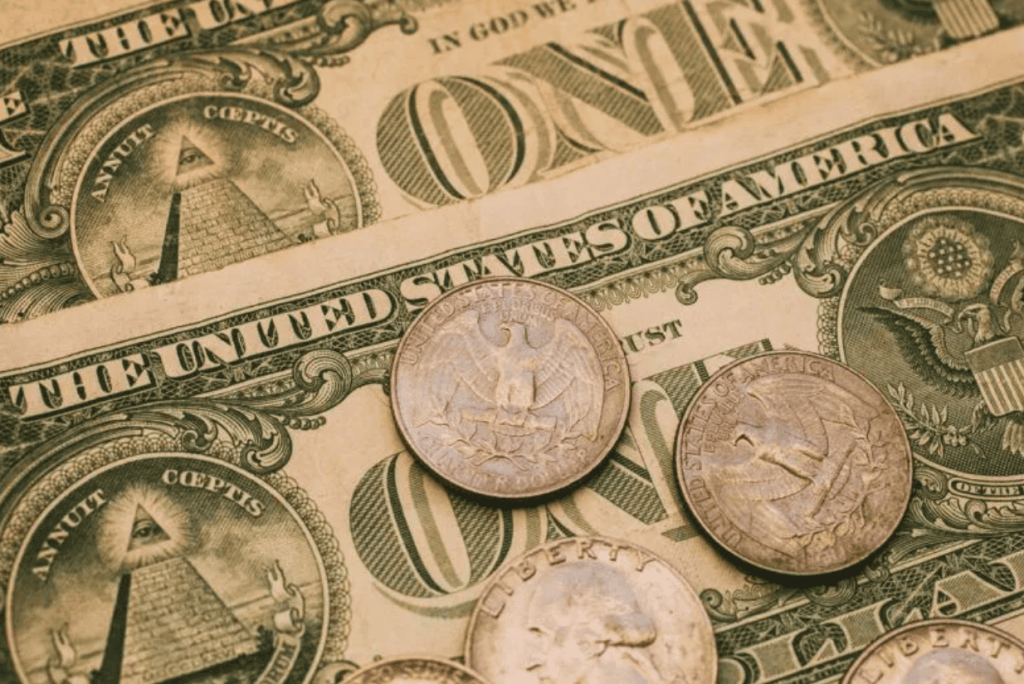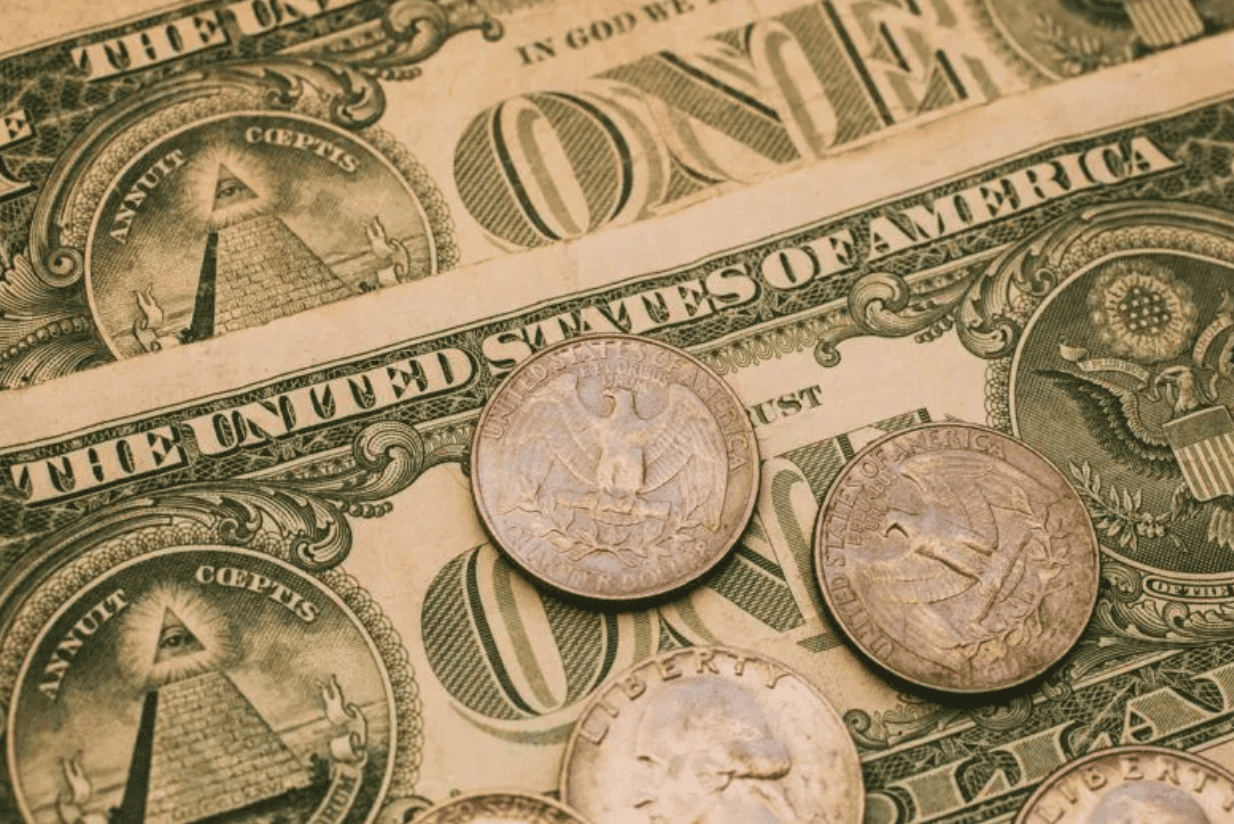Individuals filing for Chapter 13 bankruptcy can provide a structured manner of dealing with debt without losing valuable property. In contrast to Chapter 7, which involves liquidation, Chapter 13 includes repayment over time. This is a beneficial alternative to individuals who wish to restructure their finances while retaining their property.
One of the best things to know is the benefit of Chapter 13: it allows people to catch up on past-due payments while continuing to pay off debts in a protected setting. This approach often brings financial relief and reduces stress for those carrying heavy responsibilities, giving them a structured path toward stability.
How Does Chapter 13 Work?

Chapter 13 bankruptcy, or a “wage earner’s plan,” allows individuals to establish a three-to-five-year repayment plan. Creditors are not allowed to pursue collection activity for this duration, providing the debtor with time to pay according to their income level.
10 Benefits of Filing Chapter 13 Bankruptcy
- Prevention of Foreclosure
Chapter 13 filing ends foreclosure proceedings instantly. Homeowners can retain their homes so long as they make periodic mortgage payments in addition to the plan of repayment.
- Reasonable Repayment Plan
Rather than paying off the entire debt up front, debtors pay periodic, manageable payments. The repayment plan is income-based and necessary expense-based, making it more doable.
- Stops Creditor Harassment
As soon as the bankruptcy petition is filed, creditors are required to cease contacting the debtor. This legal shield, referred to as the “automatic stay,” forbids wage garnishment, phone calls, and lawsuits.
- Keep Assets
Chapter 13 allows debtors to keep property, such as houses and cars, provided they continue making payments. This is significantly different from Chapter 7, when some property can be sold.
- Catching Up on Missed Payments
Debtors may catch up on past-due payments for mortgages, car loans, or other secured loans without losing their property using the repayment plan.
- Flexible Repayment Period
The repayment period may take as long as five years, based on income level. This more extended period lessens the economic burden and makes payments more evenly spaced.
- Consolidation of Debt
Chapter 13 consolidates several debts into a single monthly payment. This consolidation keeps things simpler and reduces the risk of missing payments.
- No Direct Dealing with Creditors
The trustee in bankruptcy manages communication with creditors. Debtors pay the trustee, who distributes the funds according to the plan.
- Ability to Rebuild Credit
Though bankruptcy does affect credit, regular payments under Chapter 13 can rebuild an individual’s credit history over time. With successful completion, most debts are discharged, enabling a fresh start.
- Discharge of Any Remaining Debt
At the end of the repayment period, qualifying unsecured debts—like hospital bills or credit card charges—are discharged. This exempts the debtor from being legally liable for them.
Key Facts to Know
Chapter 13 bankruptcy, according to the United States Courts, provides a powerful lifeline for individuals drowning in financial obligations. It allows them to restructure secured debts while protecting their valuable property.
With consumer debt levels continuously climbing, as the Federal Reserve highlights, repayment options like Chapter 13 become more crucial than ever. This process not only offers a structured pathway to regain financial control but also prevents devastating losses such as home foreclosure or vehicle repossession. For many struggling households, Chapter 13 isn’t just an option; it’s often the only realistic route to rebuild stability and secure long-term financial relief.
Main Points
- Chapter 13 bankruptcy offers foreclosure and creditor harassment protection.
- It facilitates debt repayment over three to five years through a repayment plan.
- Debtors can retain essential assets while paying past-due payments.
- Most unsecured debts are discharged at the plan’s completion.
- This option helps individuals reorganize finances and work towards a fresh financial start.

